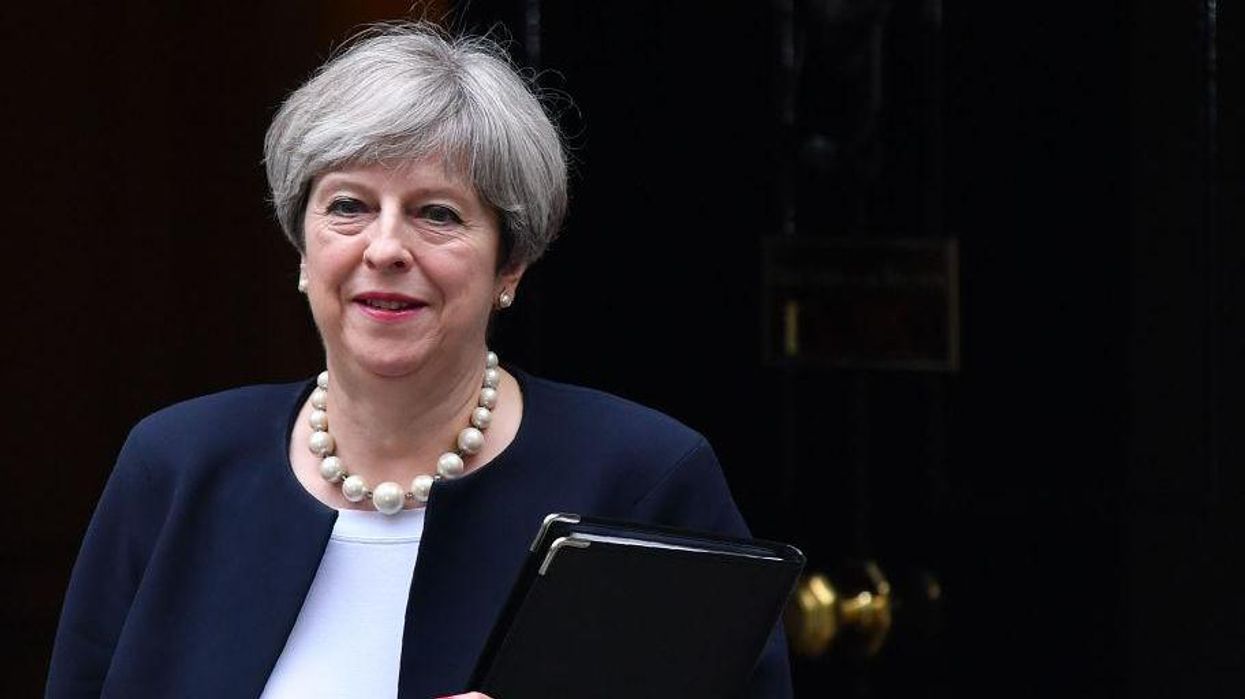News
Indy100 Staff
Jul 12, 2017

Picture:
BEN STANSALL/AFP/GETTY IMAGES
The Prime Minister Theresa May announced the ‘Great Repeal Bill’ in her party conference speech last October, and it was included in the 2017 Queen’s Speech, under the title the ‘Repeal Bill’.
A draft of the 'Repeal Bill' is to be published on Thursday, making it available for practical scrutiny by MPs and the public for the first time.
A white paper (outline) of the bill was published in March. According to the Institute for Government, the bill as described in the white paper will seek to do three things:
- Repeal the European Communities Act 1972. This legislation provides legal authority for EU law to have effect as national law in the UK. This will no longer be the case after Brexit.
- Bring all EU laws onto the UK books. 40 years worth of laws and regulations made over while the UK was a member of the EU will continue to apply after Brexit.
- Create powers to make secondary legislation to deal with technical problems will arise as EU laws are put on the statute book.
Once the 19,000 EU related regulations are part of UK law, aspects of even whole sections of legislation can be repealed and changed like any other act of parliament.
This has led to worries environmental protections will be reduced, or certain groups of workers losing some employment rights.
The ‘powers to make secondary legislation’ are known as ‘Henry VIII clauses’, because they give the government powers Henry VIII had from 1539, which allowed him to make laws by proclamation without the approval of parliament.
As seismic as as all this this is, there are some legal problems with the bill.
Commenting on the reading of the Great Repeal Bill tomorrow, Paul Hardy, Brexit Director at DLA Piper and former EU Legal Adviser to the House of Lords, said:
There is a misconception that the Repeal Bill, once enacted, will provide the basis for future regulatory cooperation with the EU.
This is not the case - it will not be able to unless the EU recognises the UK's legislation as a basis for such cooperation in a legally binding withdrawal agreement.
The EU has given no indication yet that it will do so.
This is a further reason why exiting the EU without an agreement would be deeply damaging to many businesses, putting further impetus behind those lobbying for a transitional period post-Brexit, allowing time for these critical details to be ironed out.
The biggest stumbling block for such an agreement is the role of the EU's Court of Justice.
More: Britain has had a disastrous start to Brexit deal making, says former UK negotiator to the EU
Top 100
The Conversation (0)













